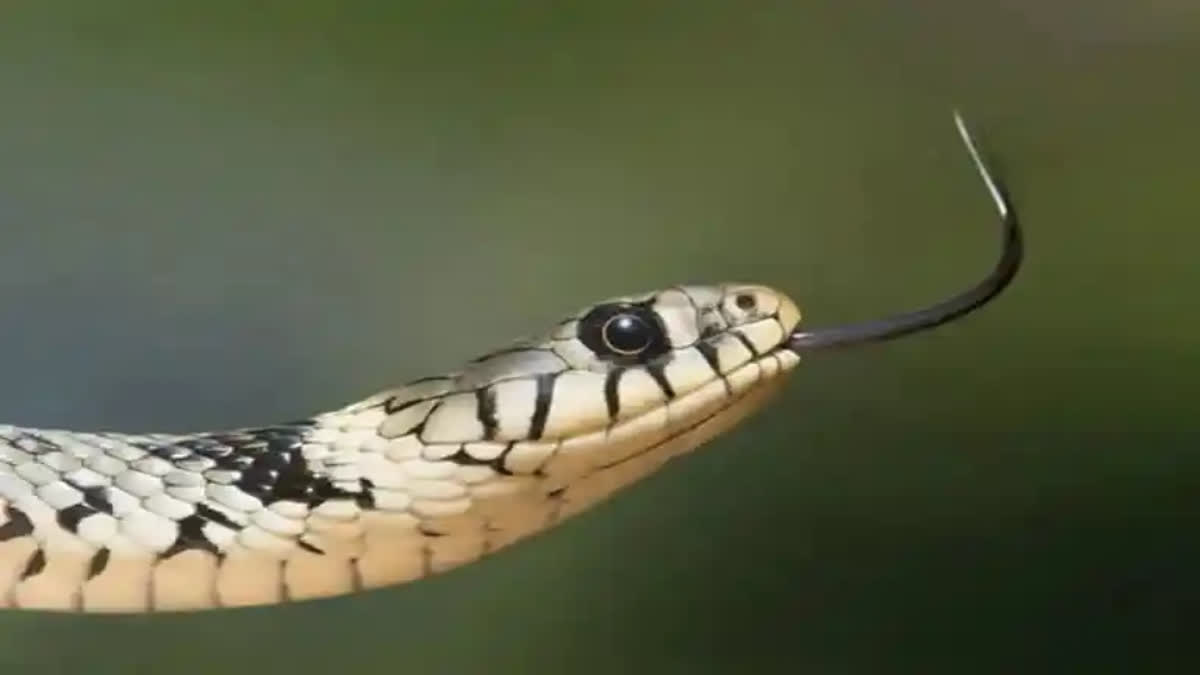New Delhi: Promoting locally practical methods -- with the support and understanding of people -- may reduce the number of individuals bitten by venomous snakes and save many lives, according to a study conducted in Tamil Nadu.
The researchers surveyed 535 people in rural agricultural communities in Tamil Nadu, asking what anti-snakebite measures they take, and what stops them doing more to protect themselves. Tamil Nadu has just 5 per cent of India's population, but an estimated 20 per cent of the country's snakebite deaths happen in the state, they said.
The findings, published in the journal Conservation Science and Practice, show that most people (69 per cent) take steps to prevent snakebites, but the measures taken don't always reflect evidence-based advice. Of the people who took steps to prevent snakebites, more than half (59 per cent) exclusively used measures supported by evidence and government guidelines.
These include keeping homes and surroundings clean and tidy, and using torches at night, the researchers, including those from Madras Crocodile Bank Trust, said. However, 41 per cent relied fully or partially on measures not recognised by research or official advicesuch as sprinkling salt, garlic, turmeric or bleach as deterrents, they said.
"The really important point is to find solutions that work in a certain location, and that people find practical and easy to use," said Harrison Carter, who led the study as part of a master's at the University of Exeter, UK.
"For example, some farmers in Tamil Nadu have previously been given boots for protectionbut many work in paddy fields, where boots immediately get stuck in the wet ground. The most obviousand yet easily overlookedoption is to talk to people and ask them what they need," said Carter, now at the University of Oxford.
Of the people in the survey who took no protective measures, almost half said that on reflection, they felt they should. By working with local partners who have the trust of their communities, simple measures can be promoted to make a real difference, the researchers said.
About 1.4 lakh people die each year from snakebites worldwide, and another 4 lakh are left with permanent disability, they said. The World Health Organization now recognizes snakebites as a "neglected tropical disease," and has committed to halving snakebite deaths and disabilities by 2030.
Tamil Nadu has high numbers of four venomous snakes whose bites can seriously affect humans: the spectacled cobra, the Russell's viper, the saw-scaled viper and the common krait, according to the researchers. These snakes are widespread in tropical regions and their approach to bite prevention could also be applied across the topics, they added.
Read More



